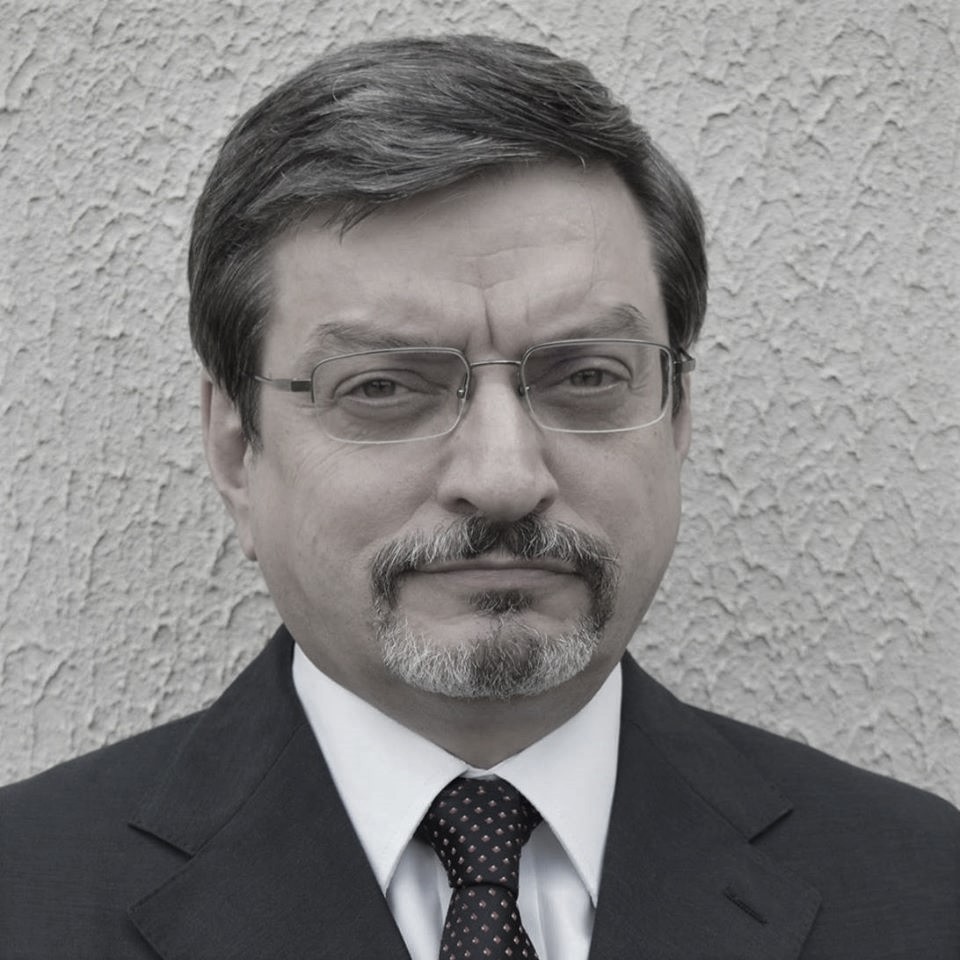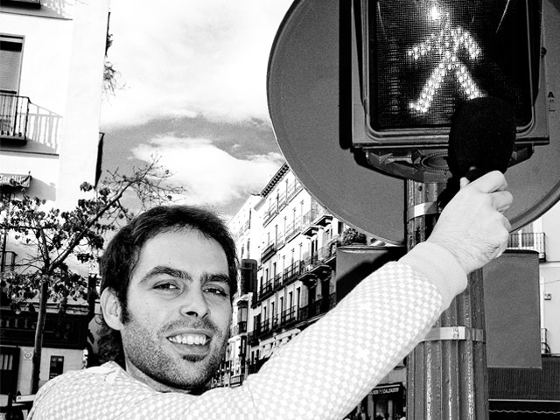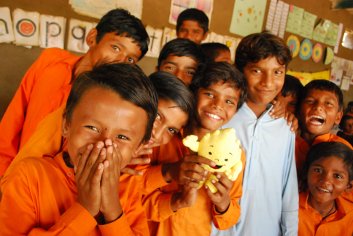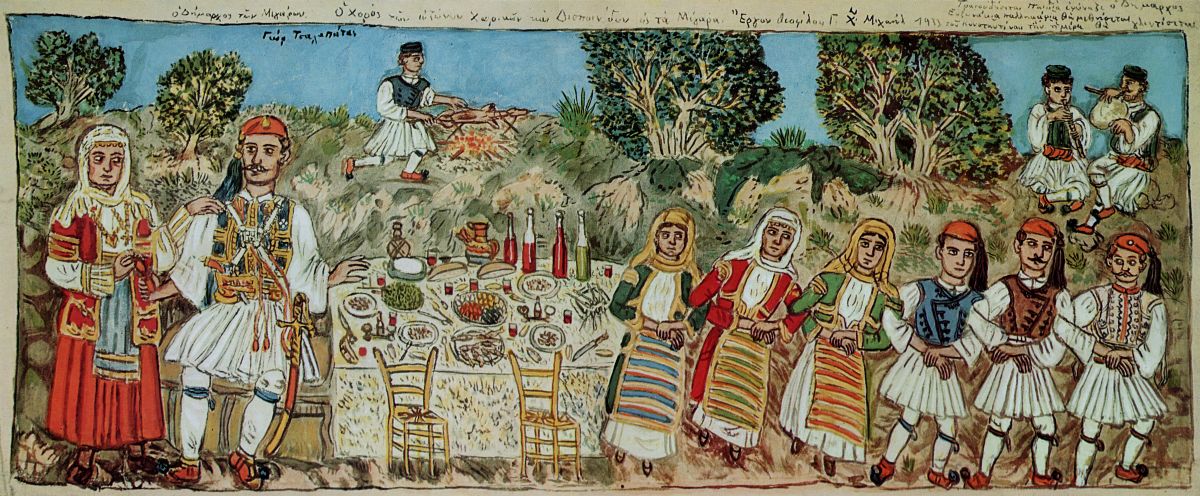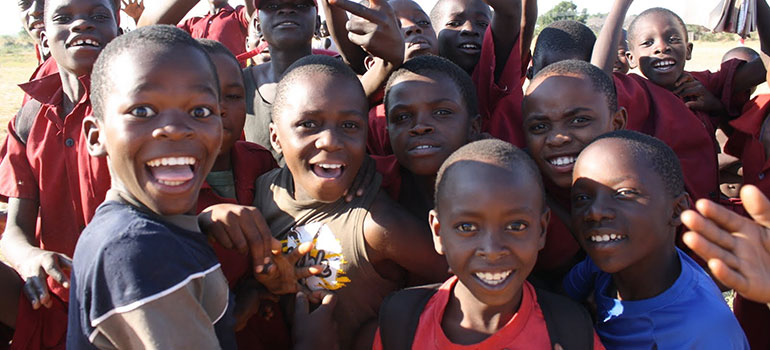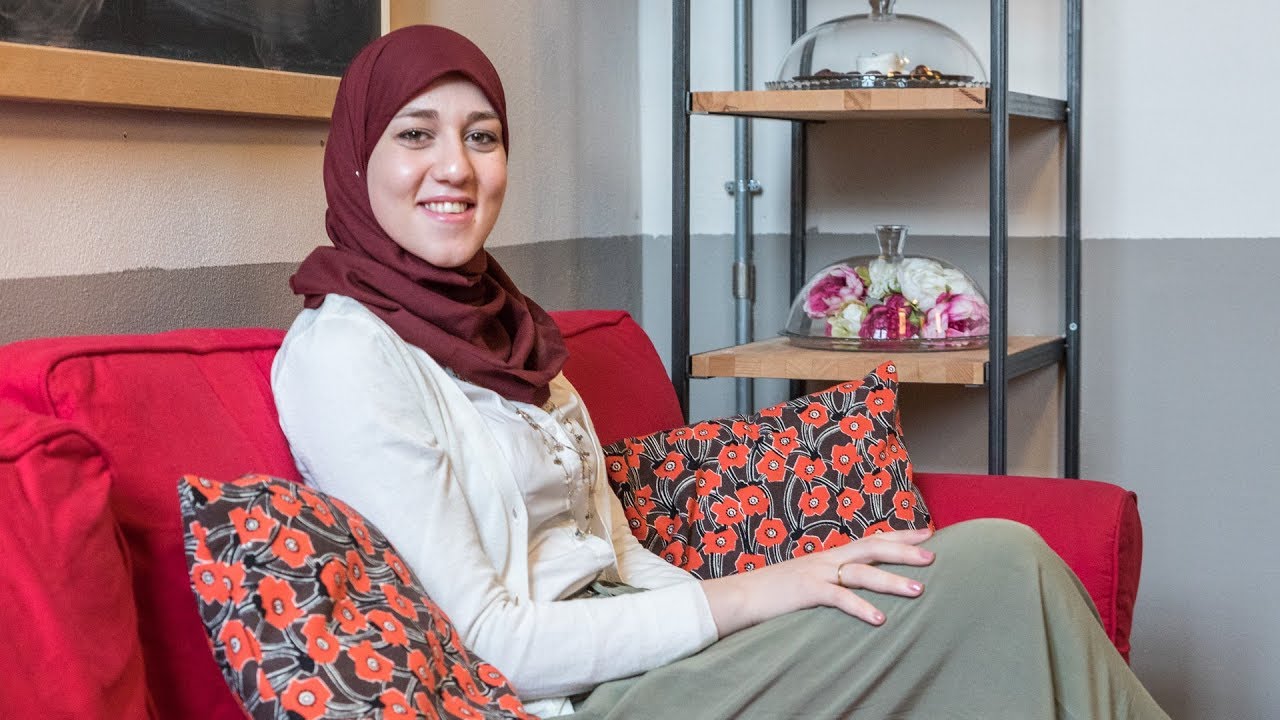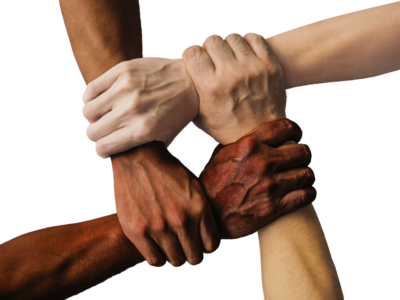
OLBIOS: The Global Peace Foundation Brazil recently held an online conference on recovery from the current crisis and the potential responses of civil society. Could you outline the main insights of this meeting?
Massimo Trombin: The global crisis initiated by COVID has impacted all sectors, but civil society, and charitable organizations in particular, are the ones receiving some of the greatest challenges, simply because they survive and are able to move forward with their missions through financial support from donations, sponsorships, membership dues and grants. The pandemic creates a financial and economic crisis that dramatically reduces aid to the third sector.
The online conference that the Institute organized was done with the purpose of seeing if organizations around the world face the same challenges that.
In the first panel, we had 10 speakers from India, the United States, Europe, Kenya, Nigeria, Brazil, Paraguay, and the Philippines, covering the areas of charities, academia, information technology, faith-based organizations, advocacy groups, education, conflict transformation, and training and capacity building programs (see link below).
A common conclusion was that this situation has also created the opportunity for a new historical turning point. For example, in the Philippines the solidarity between people has been dramatically strengthened. Online communications have brought the whole world closer and platforms like Zoom have exploded in an amazing way, allowing many organizations and ordinary people to discover a new form of networking and communication. Another issue we talked about was on how to set up a more self-sustaining financial system to support civil society programs and projects.
It also emerged that civil society needs to be better organized and invest more in collective efforts, especially today because nations will be faced with social unrest and many people will fall below the poverty line. This means that civil society organizations need to function as a buffer zone, to avoid violence.
We elaborated on what to do for a recovery and realized that the current social contract is extremely weak, and has not been able to control the pandemic and address the crisis with proactive actions. In general, the leadership has simply reacted on day by day basis, creating an incredible vacuum, as well as misinformation and manipulation, particularly by political institutions. The result is a real distrust by the population towards their leadership.
Hence, there is a need to re-evaluate the social system and search for better management and cooperation. It was also evident from the conference reports, that the most vulnerable will be most affected by the pandemic, setting a new record for the number of people worldwide falling below the poverty line or experiencing drastic changes in their lives. Basically, it is too early for a clear assessment of the situation, but one point was very clear, that civil society is critical to maintaining peace and working towards future social prosperity.
Ο: How do you stand on the policies adopted and the management of the pandemic crisis in Brazil and what can be done to build resilience in the current context?
MT: We have to take into account that Brazil is a continental nation, like the United States or India. Therefore, regional and local conditions are very different. For example, you can find yourself in neighborhoods that are similar to Milan with all the infrastructure and related systems, like in the south of the country, or families in the north living in situations of extreme poverty.
In addition, Brazil is based on a system of political federation and each state manages situations according to the governor’s policy and its state legislations. So regarding the pandemic, you can see a broken health system in Manaus and, at the same time, vaccination programmes in the state of São Paulo.
What is clear is that we have no real common policy of management. Moreover, the crisis is made even more extreme by constant political clashes between the Right and Left, when the most obvious and common-sense attitude should be for the leadership to put aside their “isms” and come together to identify the best ways to serve the population and the needs of the country.
Brazilians are fundamentally strong people and very creative in their response, they always find a way out and in such cases it is a good thing. It is also a very religious society with a community of churches with extremely active projects and activities, which in the current situation really helps a lot people. I do not think there is a real need to build resilience, really: this is already a part of people who in general face constant challenges in their lives. More than 40% of Brazilians do not have a bank account and live with the system of money exchange and barter, almost living on a day to day basis, fighting every day for survival with great resilience. The question is how to channel that into a more prosperous platform and for long-term sustainability.
The pandemic has only exacerbated these problems and challenges more. For foster care, I think leaders need to give hope to the public, already present a vision and roadmap for the immediate future, and work with all stakeholders from real engagement and collective efforts for solutions and development.
O: You are the Chapter CEO of Global Peace Foundation in Brazil and you have also been responsible for the development and implementation of hundreds of projects in over 60 countries. You have also developed numerous presentations and training manuals for schools on the value of volunteerism. You are currently working on cooperation between the 1st, 2nd and 3rd sectors in defining public policies in relations to Sustainable Development Goals. Could you tell us about the specifics of this cooperation and what must be done for this to be successful in Brazil and beyond?
MT: To be successful in getting the 3 sectors to cooperate, there is a need for a deep public awareness and mentality, a fairly high standard that today, especially in the political arena, is often scarce. Regarding cooperation in Brazil, I can mention the effort made by the National Youth Consul (CONJUVE), at the federal, state and municipal levels. The consul articulates initiatives through the engagement of public power, civil society and the private sector.
We have been members of CONJUVE for the past 4 years, first for peace and development and then for entrepreneurship and business development. As a result, we developed an online entrepreneurship training program for youth, which was one of the results based on a national survey regarding the analysis of the situation of youth, culture within an in relation to Brazil in general.
The online training began in June 2020 and reached nearly 14,000 youth in Brazil and has since been implemented in 12 Spanish- and Portuguese-speaking nations, reaching 100,000 youth, establishing 4,000 new businesses, and creating an income of approximately US$25,000,000. (https://www.juventudeempreendedora.com/)
In Brazil, the program was coordinated in conjunction with the federal government, moving to a state level and then to a municipal level, involving the 3 sectors step by step. The young people involved in the activities are connected to municipal services businesses and partnerships with the private sector.
Additional info
Another project of interest involving the 3 sectors and youth, community development and conflict transformation was carried out in New Jersey, US, with the participation of 120 high school students from Brazil.
https://www.globalpeace.org/urban-peacebuilding-new-jersey.
Support for the unification of Korea https://www.globalpeace.org/project/korean-reunification-forum-series
In Brazil, our chapter is connected to 400,000 youth network who enjoy KPOP and Korean culture, in East Africa GPF works for regional peace building https://www.globalpeace.org/project/africa-leadership-mission, in Nepal, Malaysia and the Philippines for community developments https://www.globalpeace.org/project/all-lights-village-project. All programs and projects are done by the involvement of the 3 sectors by the engagement methodology.
https://www.globalpeace.org/blog/video-conference-addresses-covid-19-response-brazil


